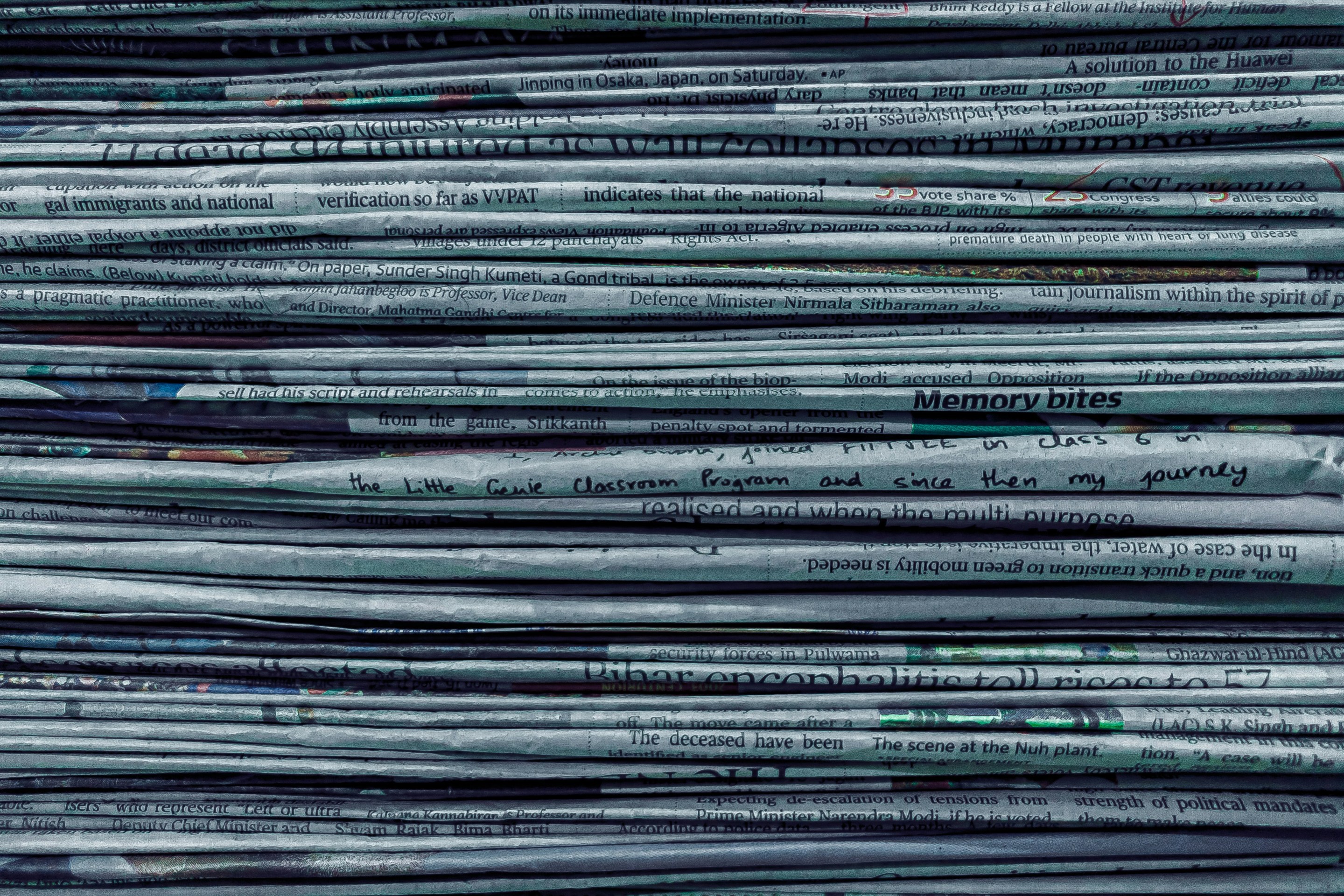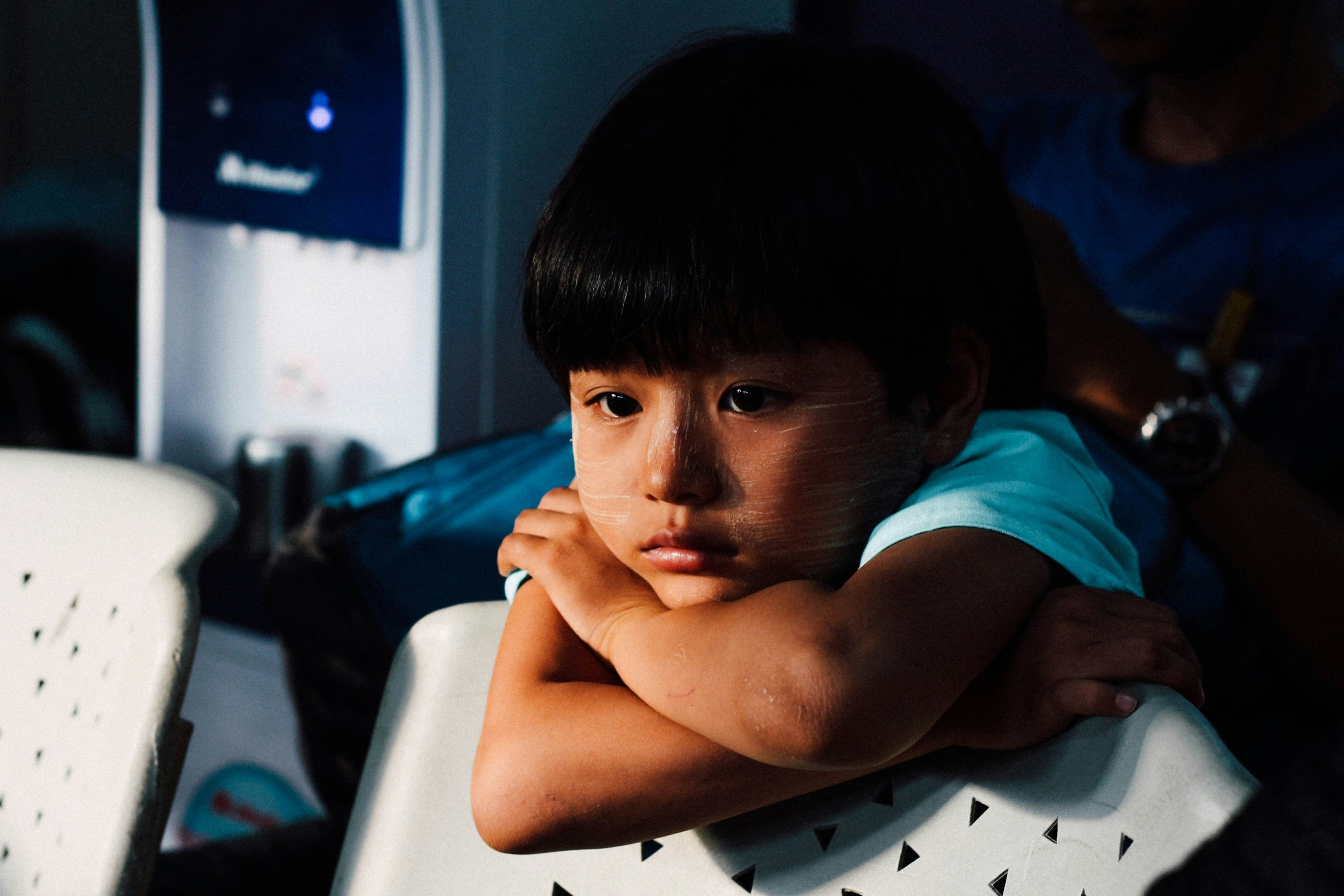Kyle “Guante” Tran Myhre is a poet, emcee, and activist based in Minneapolis.
In response to a musician friend who said to me: I have a platform and I want to speak out about what’s happening in Gaza, but I’m worried about saying the wrong thing. I don’t know where to start.
Let’s start here: We can and should mourn the innocent on all sides. But while that can lead some of us to statements like “I believe all life is precious and all people deserve to live,” this moment calls us to go further. A statement like that is easy to agree with, because it asks so little of us.
So then what? What power do we have in this moment? What is being asked of us?
Doctors Without Borders calls the ongoing siege of Gaza “a catastrophic humanitarian crisis.” Human Rights Watch uses the terms “collective punishment,” “war crimes,” and “apartheid.” Oxfam’s Sally Abi Khalil says “There can be no justification for using starvation as a weapon of war.” Amnesty International speaks of “damning evidence of war crimes by Israeli forces in their Gaza offensive.” Craig Mokhiber, former director of the New York Office of the United Nations High Commissioner for Human Rights, calls the Israeli assault on Gaza a “textbook case of genocide.”
We can acknowledge that the Hamas attacks of October 7 were horrific; we must also acknowledge that the Israeli government’s ongoing, U.S.-supported response to those attacks is horrific: over 9,000 Palestinians killed, more than 3,600 of them children. This is not just the take of activists—it is the international human rights consensus.
As people with platforms, especially here in the U.S., we have a chance to share more than thoughts and prayers. Here are five notes to consider.
1. Let’s get out of our own heads about looking “performative.”
We all know that our social media posts aren’t going to save the world. But as artists (performers, you might say), we have access to audiences that may not already be tuned into world events, and that’s a valuable thing. Palestinians and groups connected to Palestinians are asking people around the world to tell the story of what is happening, to lift up the voices of those in harm’s way. Yes, posting is the least we can do, but that should be a reason to do it, not the opposite.
2. We don’t need to write notes app manifestos; we can signal boost the people doing the work.
If you ever feel the tension between “you’re not an expert so keep your mouth shut” vs. “you must personally speak out about every bad thing in the world,” remember: Those aren’t the only two options. We can de-center ourselves and share:
- The calls-to-action from organizations (like the U.S. Campaign for Palestinian Rights and Jewish Voice for Peace).
- The stories of journalists on the ground in Gaza (like from +972 Magazine).
- The commentary of activists and scholars (like this recent panel discussion featuring Rashid Khalidi, Ta-Nehisi Coates, Natalie Diaz, Alissa Wise, Noura Erakat and more).
- The “solidarity statements” from groups that we and/or our audiences may already be familiar with. From NDN Collective, to the Transgender Law Center, to the Movement for Black Lives, to the Asian American Feminist Collective, and beyond—seeing how what’s happening in Gaza connects to other issues can be a powerful first step into learning more about the historical context and what organizers are doing now.
3. We can make local connections.
Every world issue has local ripple effects, and those can be a key factor in bringing more people into the work. As artists who live in this community, we can signal-boost the latest calls to action from local groups like the MN chapter of American Muslims for Palestine, or TakeAction MN’s form email to our reps to demand a ceasefire, or this press release from members of Jewish Voice for Peace-Twin Cities and If Not Now-Twin Cities, or local journal Mizna’s 2018 “Free Palestine” issue.
Another thing we can do in our own scenes is share calls like this one that talk about the importance of interrupting “anti-Palestinian, anti-Islamic, and anti-Arab violence,” as well as the “existence of and increase of antisemitic violence and hate,” both of which our audiences might encounter at venues, in social media comments, or elsewhere.
4. We can take signal-boosting offline too.
Speaking out isn’t just about posting on social media. I know artists who have turned their merch tables into information tables, offered their sound system expertise to rally organizers, raised money for local organizing efforts, or given up two minutes of a 45-minute set so an activist can promote an upcoming action. As artists, we have more to offer in moments of crisis than our art.
5. We can understand the risks, while also acknowledging the possibilities.
I can’t tell anyone else out there what they must say or do, or judge anyone for how they use their platforms. Especially in a climate in which artists have been disinvited from gigs for speaking out on this issue, and others are dealing with trolls, critiques, and just the psychic stress of having to field questions/comments when they themselves are still learning—it can be scary.
But reframing this call to speak out from a responsibility to an opportunity has been useful to me. In this historical moment, we have an opportunity to make a difference, to use the privilege we have as people with platforms to encourage our audiences to get involved in the struggle for peace and justice. No one artist needs to be (or should be, or can be) the voice speaking for everyone; but we can all be voices, contributing to something bigger than us.
After all, the point of protest, of speaking out, of bearing witness and trying to find ways to cultivate solidarity—it isn’t just about specific, short-term policy wins (though those do sometimes happen). It’s about changing the narrative. It’s about creating a political cost. It’s about bringing more and more people into the movement.
Artists have always had a role to play in that work, and the call to show up and speak out for a free Palestine is more urgent than ever.







